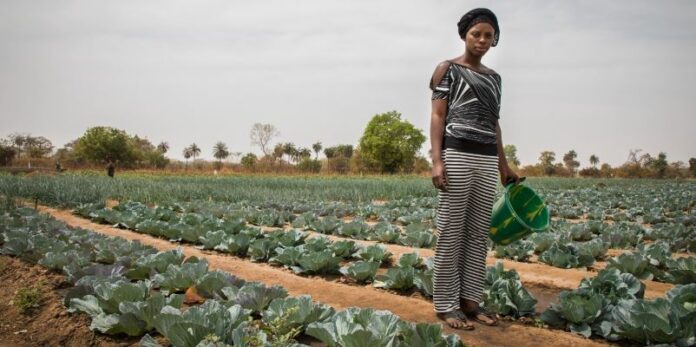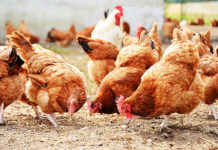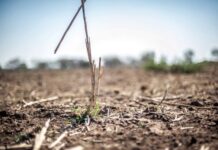Researchers working on the FACE-Africa project have co-developed country-specific information and tools with Gambian food system stakeholders to evaluate possible strategies for adapting to climate change and ensuring sufficient healthy food for The Gambia.
The Gambia has a predominantly agriculture-based economy, which makes it especially vulnerable to climate impacts that could expose the rural poor to food insecurity, malnutrition, and its health-related effects.
Despite its size, the country punches above its weight in terms of its track record of national and international leadership on climate action and has ambitious plans for its agriculture and food systems.
Gambian decision makers, however, require country-specific information and tools to evaluate possible strategies to adapt to climate change and ensure adequate, sustainable, and healthy food for the population.
Between January 2020 and January 2023, the Food System Adaptations in Changing Environments in Africa (FACE-Africa) project funded by Wellcome and led by the London School of Hygiene and Tropical Medicine, brought together researchers with expertise in agricultural sciences, environmental sciences, and nutrition, from both within and outside The Gambia to work with government policymakers and food system stakeholders, including farmers, retailers, and consumers, to co-design strategies to ensure food security and sustainable land-use pathways.
The scenarios developed as part of the project focused on climate change impacts on agricultural productivity, agricultural trade flows, land use and national climate, as well as nutritional and agricultural policies including adopting climate-smart agricultural practices and shifting toward nutritional and sustainable diets. The project team, which included researchers from IIASA, have produced a number of recommendations that have been made available in a new IIASA policy brief along with their key findings.
“Achieving nutritional security through policies that promote healthy and sustainable diets is indeed possible in The Gambia, but it would require a significant increase in either domestic agricultural production, through improved yields or expanding agricultural land, or increased imports,” Amanda Palazzo, a researcher in the Integrated Biosphere Futures Research Group of the IIASA Biodiversity and Natural Resources Programme, said.
Policies that enable farmers to reduce nutrient deficiency and water stress and adopt climate-smart agricultural practices, will significantly improve crop yields and local production in the country, while also improving the agricultural sector’s resilience and reducing import dependency, thus ensuring sustainable and healthy diets. The team however cautions that, in the absence of adopting resilience options, adverse climate conditions will continue to widen yield gaps, exacerbate crop losses, and increase dependency on imports, thereby threatening the food security of The Gambia.
As part of the project, researchers also developed or adapted a number of tools and other products to provide decision makers in agriculture and food systems with the information needed to make evidence-based decisions going forward. The Food, Agriculture, Biodiversity, Land-Use, and Energy (FABLE) Calculator, for example, is a Microsoft Excel-based accounting tool developed within the framework of the FABLE consortium and The Food and Land Use (FOLU) Coalition, and examines the potential evolution of food and land-use systems between 2000 and 2050 with a focus on developments in the agriculture sector.
The tool was adapted for The Gambia and used to assess the impact of multiple possible future scenarios on key food security indicators to show the achievability of healthy and sustainable diets.
To complement the FABLE-Gambia Calculator, the team also developed the FACE-Africa Shiny app visualisation tool to ensure that FABLE-Gambia Calculator scenario results are easily accessible to technical experts, policymakers, researchers, and NGOs working in the food, agriculture, land use, trade, and economics sectors of The Gambia.
“The FABLE-Gambia tool is accessible to a wide range of stakeholders, but the real benefit is the tool’s flexibility in being able to look at policies that could change the agriculture sector and its impacts across the land-use system. This flexibility allows the tool to be used by others in the future,” Felicity Addo, an IIASA researcher, added.
On Wednesday, 25 January, the project’s findings will be disseminated to policymakers, stakeholders, collaborators, and partners working in food systems, climate change, and health in The Gambia at a symposium co-organised by the MRC Unit The Gambia of the London School of Hygiene and Tropical Medicine and the Gambian Ministry of Environment, Climate Change, and Natural Resources.








